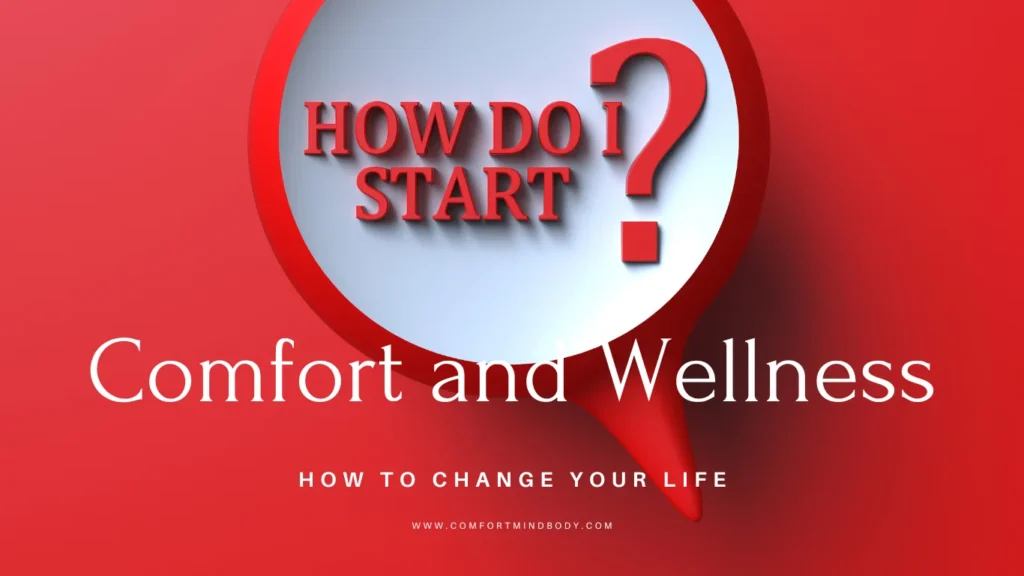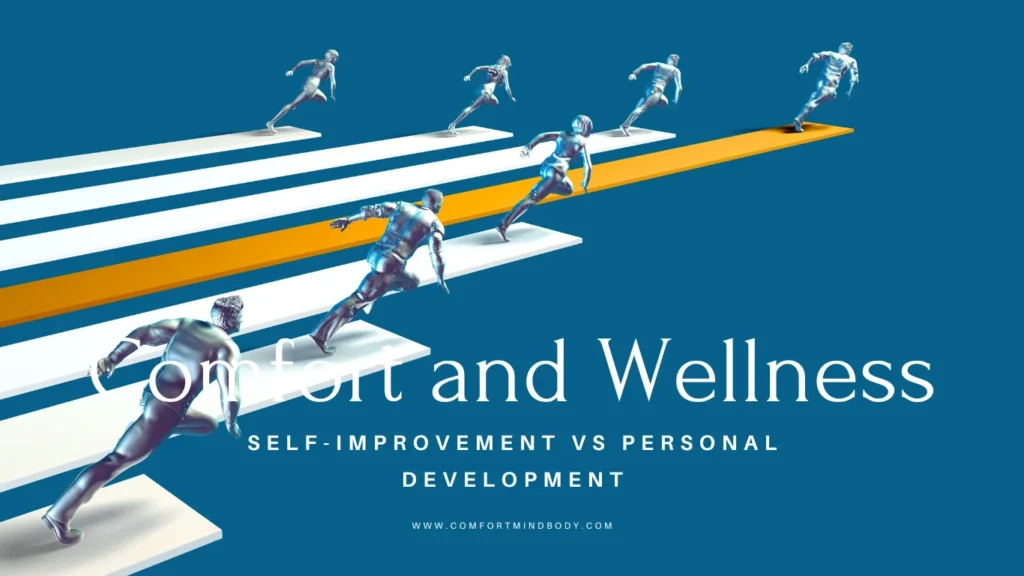Page Contents
ToggleIntroduction:
Longevity has always been a topic of interest, with people constantly seeking the secret to a longer, healthier life. Many factors affect our health. It is no surprise that diet and exercise are often the main topics of discussion.
So, is diet or exercise more important for a healthier, happier life? In this article, we will explore how diet and exercise affect how long we live and our overall health.
As we explore this topic, we must remember that everyone is unique. What works for one person may not work for another. It is important to consider personal factors when examining the benefits of diet and exercise. These factors can lead to a longer and healthier life.
Debunking the BMI myth
Is Diet or Exercise More Important for a Healthier
Before we look at how diet and exercise affect longevity, we need to clear up the BMI (Body Mass Index) myth. BMI has been used for a long time to show overall health. However, recent studies suggest it may not be the best measure.
The BMI is calculated by dividing a person’s weight (in kilograms) by their height (in meters squared). This formula may seem simple, but it does not consider important factors. Muscle mass and fat distribution can greatly affect overall health.
For example, people with a lot of muscle may have a high BMI. However, this does not mean they are unhealthy or at risk for weight-related health problems.
In short, while BMI can provide a general idea of a person’s health, it should not be the sole determinant of one’s well-being. It is important to consider other factors for health and longevity. These factors include diet, exercise, and lifestyle.
Is diet or exercise more important for a healthier, happier life?
The age-old debate of what’s more important, diet or exercise, has been a source of contention for years. Some people say a healthy diet is the key to living longer. Others think regular exercise is the most important factor. So, which holds more weight (pun intended)?
Research has shown that both diet and exercise play vital roles in our overall health and well-being. However, when it comes to weight management, studies suggest that diet may have a more significant impact.
This is because it is usually easier to eat fewer calories than to burn them off with exercise. It takes about 30 minutes of brisk walking to burn the calories in one chocolate chip cookie. This highlights the importance of a balanced diet in maintaining a healthy weight and achieving optimal longevity.
That being said, exercise is by no means less important. Regular physical activity has many health benefits. It can improve heart health, increase muscle mass, and boost mental well-being.
It is essential to strike a balance between diet and exercise to achieve overall health and longevity.
The benefits of exercise without dieting
Is Diet or Exercise More Important for a Healthier
Diet is important for managing weight, but we should not overlook the benefits of exercise alone. Exercise offers a plethora of health advantages that go beyond weight loss, including:
- Regular exercise can improve heart health. It helps lower the risk of heart disease, stroke, and high blood pressure.
- Increased muscle mass: As we age, we naturally lose muscle mass, which can lead to a decrease in strength and mobility. Exercise can help maintain and even increase muscle mass, promoting better overall functioning.
- Enhanced mental well-being: Exercise has been linked to improved mood, reduced stress levels, and increased cognitive function.
These benefits show why it is important to include exercise in our daily routines. This is true even if we are not on a strict diet plan.
Life expectancy by BMI and weight-related health statistics
Is Diet or Exercise More Important for a Healthier
While BMI may not be the perfect measure of health, there is still a correlation between BMI and life expectancy. Studies show that individuals with a BMI of 18.5-24.9 (considered “normal” weight) tend to have the longest life expectancy.
Those with a BMI of 25-29.9 are “overweight” and may live a bit shorter lives. Those with a BMI of 30 or more are “obese.” They have the highest risk of health problems related to weight and a lower life expectancy.
Weight-related health statistics further emphasize the importance of maintaining a healthy weight for optimal longevity. Obesity has been linked to numerous health problems, including heart disease, type 2 diabetes, and certain cancers.
These health issues can significantly impact one’s quality of life and overall life expectancy.
The impact of obesity on life expectancy
Is Diet or Exercise More Important for a Healthier
Obesity is a big problem around the world. The World Health Organization (WHO) says that more than 650 million adults are obese. Obese people often live shorter lives than those with a healthy weight. This is because obesity raises the risk of many health problems.
An obese person is expected to live 8 to 10 years less than someone with a healthy weight. This drop in life expectancy mainly comes from the many health problems linked to obesity. These include heart disease, diabetes, and some cancers.
Obesity can affect a person’s quality of life. It makes it harder to do physical activities and enjoy daily life.
The health benefits of losing weight and its potential effects on height
Is Diet or Exercise More Important for a Healthier
Losing weight offers numerous health benefits, particularly for those who are overweight or obese. Some of the most notable benefits of weight loss include:
- Improved cardiovascular health: Weight loss can help reduce the risk of heart disease and high blood pressure.
- Reduced risk of diabetes: Losing weight can help lower the risk of developing type 2 diabetes.
- Losing weight can lower the risk of some cancers. This includes cancers like breast, colon, and kidney cancers that are linked to obesity.
Some people may also grow taller after losing a lot of weight, along with these health benefits. This is because excessive weight can compress the spine, leading to a slight decrease in height. This effect may not matter to everyone, but it is another possible benefit of losing weight and living healthily.
How to lose weight in a healthy, sustainable way
Is Diet or Exercise More Important for a Healthier
Achieving and maintaining a healthy weight is essential for optimal longevity and overall well-being. It’s important to lose weight healthily and sustainably. This helps avoid health risks and ensures lasting results. Here are some tips for healthily losing weight:
- Eat a balanced diet. Include many nutrient-rich foods like fruits, vegetables, lean proteins, and whole grains. Avoid fad diets and extreme calorie restrictions.
- Include regular exercise: Try to get at least 150 minutes of moderate aerobic activity each week. You can also do 75 minutes of vigorous aerobic activity. Add muscle-strengthening exercises on two or more days each week.
- Set realistic goals: Aim for a gradual, steady weight loss of 1-2 pounds per week. This is more sustainable and healthier than attempting to lose large amounts of weight in a short period.
- Practice mindful eating: Pay attention to your body’s hunger and fullness cues, and avoid emotional eating.
- Get support: Ask friends, family, or a professional like a dietitian or trainer for help. They can keep you on track and give advice.
- Find a perfect weight loss supplement.
Remember that reaching a healthy weight takes time. It is important to be patient and keep trying.
Weight and health: understanding the connection
Is Diet or Exercise More Important for a Healthier
Weight and health are connected. However, weight is only one part of the bigger picture. Genetics, lifestyle habits, and medical conditions can greatly affect a person’s health and well-being.
Therefore, it’s essential to take a holistic approach when evaluating one’s health and longevity. This means considering not just weight but also factors such as diet, exercise, sleep, and stress management.
By focusing on overall wellness, we can unlock the secrets to a healthier, happier life.
Exercise vs diet: finding the balance for optimal longevity
Is Diet or Exercise More Important for a Healthier
Diet and exercise are very important for living a long and healthy life, as we have discussed in this article. Diet plays a big role in managing weight. However, exercise provides many health benefits that go beyond just losing weight.
The key to a healthier, happier life lies in finding the right balance between diet and exercise. This means focusing on a nutrient-dense, balanced diet while also incorporating regular physical activity into one’s daily routine.
By finding this balance, we can improve our health. This can help reduce the risk of chronic diseases. It also teaches us how to live longer and happier lives.

Miracle Noodle Teriyaki Keto Meal
Introducing Miracle Noodle Teriyaki Keto Meal. A delicious meal made with a sweet and savory homemade teriyaki sauce combined with our low-calorie/low-carb noodles.
Miracle Noodle® is made from 97% water and 3% plant fiber and is naturally low in calories. This natural fiber makes you feel full while still enjoying the satisfaction of eating noodles!
Conclusion
Is Diet or Exercise More Important for a Healthier
In conclusion, the answer to the question, “Is diet or exercise more important?” is not a simple one. Both diet and exercise play vital roles in our overall health, longevity, and happiness.
Diet is important for managing weight. However, exercise provides many health benefits. These benefits help create a healthier and happier life. The key to living a long life is finding the right balance.
This includes diet and exercise. Other important factors are sleep, stress management, and overall wellness.
It’s essential to remember that there is no one-size-fits-all approach to achieving optimal health. What works for one person may not necessarily work for another. So, it’s important to listen to your body. Understand your needs and approach diet and exercise in a personal and sustainable way.
By using a complete approach to wellness, we can boost our health and well-being. This can lower the risk of chronic diseases and help us find ways to live longer and happier.
Let’s focus on a balanced diet, regular exercise, and overall wellness. This will help us live longer and enjoy life more.
Affiliate Disclosure:
The links contained in this product review may result in a small commission. This goes towards supporting our research and editorial team and please know we only recommend high-quality products.
Note: This article is for informational purposes only and is not intended to diagnose, treat, or cure any disease. Always consult a healthcare professional before taking any supplement or making any changes to your diet or lifestyle.





